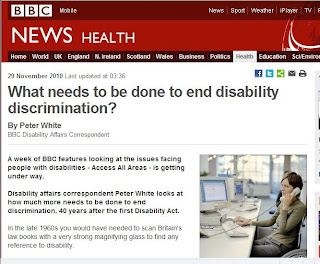
Unite the Union for Life today issued the following "News Release"
Unite races forward to tackle discrimination
21 October 2010
With concern mounting that the coalition cuts will give rise to greater social inequality,
Unite – the UK’s biggest union – is stepping up efforts to deal with race inequality in UK workplaces.
Unite says that there is already a 15 per cent gap between the employment rates of black, Asian and ethnic minority workers and their white colleagues (see ONS - Disadvantaged groups in the labour market). And last year, nearly 6,000 race discrimination cases were heard by Employment Tribunals, with countless more being settled before that stage, reflecting the extent of race equality issues at work today (see Employment Tribunal and EAT statistics 2009-10). The union says that, using the provisions of the
new Equality Act, union reps can make real improvements in the treatment for minority ethnic workers.
Collette Cork-Hurst, Unite national officer for equalities, said that, with black workers more likely to join a union than others, Unite is determined to improve workplace race equality for its members:
“Unfortunately, discrimination against black workers at work continues to blight today’s labour market. Black, Asian and ethnic minority workers find it harder to find decent employment and sadly, too many then encounter discrimination once at work.
“Black people and their families will be particularly hurt by the coalition cuts but Unite is determined they get the fairer treatment they deserve at work.
"October is Black History Month so while we celebrate the contributions black, Asian and ethnic minorities have made and continue to make to our society, it is also fitting that we continue to press forward on equality.
"Unite’s ‘Race Forward’ campaign will help us take real action. We are determined that our union reps are equipped to take discrimination issues up with employers, if need be using the legal backing of the new Equality Act to ensure the decent treatment of our members.”
Unite’s ‘Race Forward’ action pack guides workplace union representatives through a five-point action plan on key employment issues facing black people such as racial discrimination in recruitment, promotion and pay, as well as dealing effectively with racial harassment and bullying.
Notes about the Unite News Release:
The Race Forward campaign concentrates on 8 key priority areas and the Action Pack with 5 action points for each area:
Closing the ethnic minority employment gap
Tackling the pay gap for black workers
Fighting for equality of opportunity in promotion
Dealing effectively with Racial Harassment, Discrimination and bullying
Promoting fairness for black women workers
Negotiating for Union Equality Reps
Ensuring fair treatment of migrant workers
Organising and recruiting black, Asian and ethnic minority (BAEM) workers into Unite the union
If your organisation is looking for Equality Training please visit the jml Training website/equality-act














